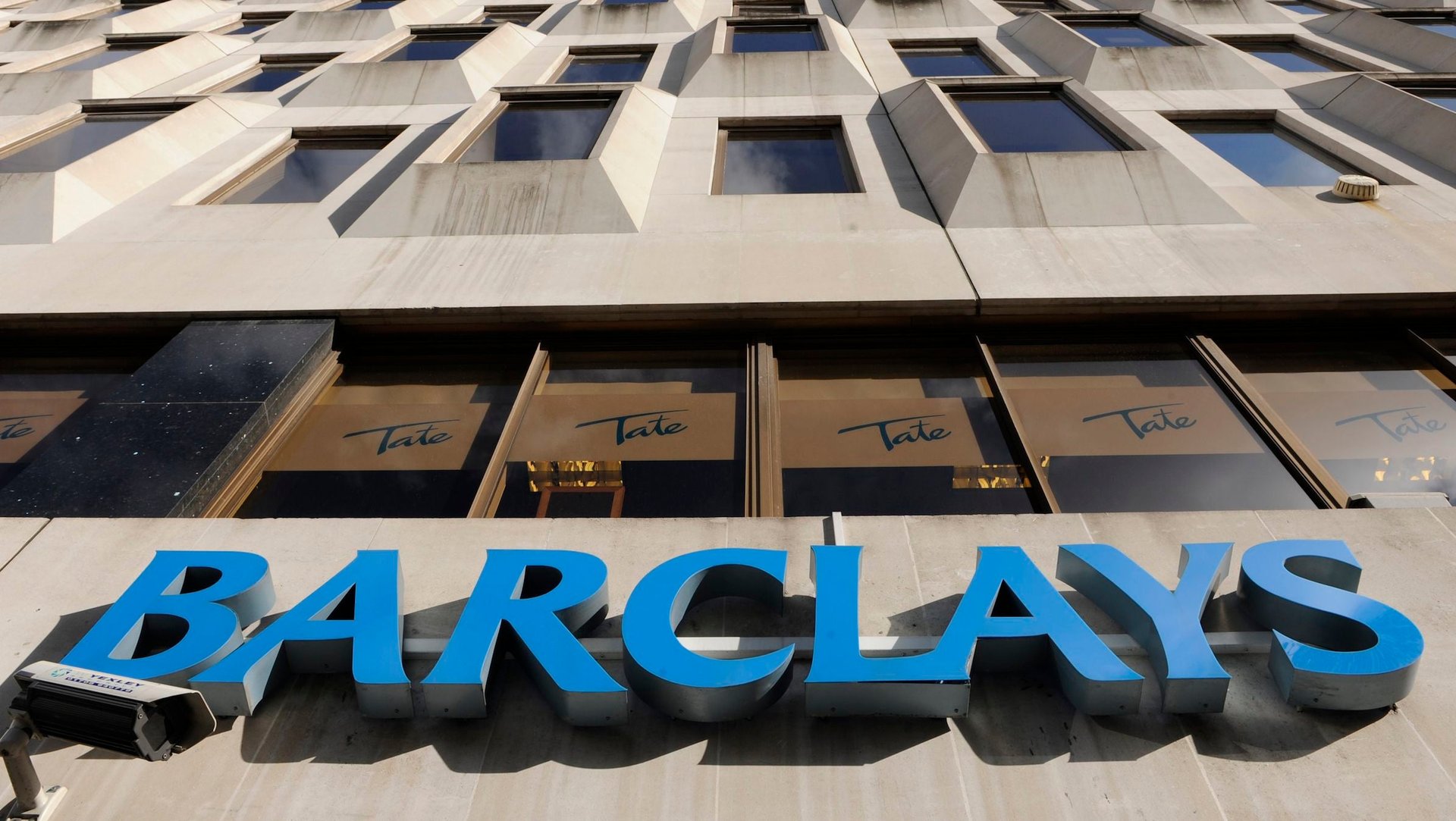Barclays joins the wave of banks jettisoning commodities businesses
Hot commodity? More like a hot potato. The world’s biggest banks have been dropping their commodities businesses like that aforementioned tuber of late, selling off all or parts of their once-lucrative commodities trading units.


Hot commodity? More like a hot potato. The world’s biggest banks have been dropping their commodities businesses like that aforementioned tuber of late, selling off all or parts of their once-lucrative commodities trading units.
The Financial Times reports today (paywall) that Barclays is the latest bank winding down its commodities operations. The paper reports specifically that Barclays is weighing an exit from its precious metals, agricultural and energy business, and that Barclays could make an announcement on the future of its commodities platform as early as this week.
The move shouldn’t be a surprise. Barclays is following the lead of many of its peer lenders who are running for the exit. So far we’ve already seen JPMorgan announce a sale of its physical commodities trading business to the Swiss-based Mercuria Group for $3.5 billion. Morgan Stanley announced back in December that it was selling a chunk of its oil-trading businesses to the state-owned Russian firm Rosneft. Deutsche Bank last year announced it was exiting commodities trading altogether.
These firms, who have traded everything from gold to oil contracts, have until now been some of the largest institutions in commodities. According to the industry research firm Coalition, JPMorgan ranked No.1 in commodities this year. Goldman Sachs ranked second, followed by Morgan Stanley, Deutsche Bank, Barclays and BNP Paribas.
What’s driving banks out of the space? For one thing the Federal Reserve has been wary of banks owning physical commodities. Regulators have been looking into the possible price-rigging of commodities such as electricity, currencies and interest rates. There’s also the general riskiness of the business, and the higher costs of operating a commodities platform for firms under global regulatory rules such as Basel III, which mandate that banks use more of their own money—and borrow less—to finance their trading of risky assets.
It’s also worth noting that Barclays CEO Anthony Jenkins is facing pressure to boost returns with an eye toward returning money to Barclays’s shareholders. This is in the wake of outrage over recent bonuses at the financial institution. Trimming the bank’s commodities operations could free up capital that could be returned to shareholders. Similarly, that was one reason that Morgan Stanley’s chief James Gorman cited in his decision to dial back its commodities platform.
In short, if jettisoning commodities trading means less risk for the bank and more chance of a dividend, it’s hard to see why shareholders wouldn’t like this decision.